California Will Apologize For Japanese Internment Almost 80 Years Later
Although long overdue, California's apology does acknowledge its racist history rather than ignoring it.
On January 28, State Assemblyman Al Muratsuchi proposed a resolution through which the California Legislature will formally apologize to the Japanese-American community for its role in the displacement of Japanese Americans to internment camps during World War II. The resolution states that the Legislature failed "to support and defend the civil rights and civil liberties of Japanese-Americans during this period."
This apology comes 78 years after Japanese Americans were placed in the internment camps under Executive Order 9066, issued by Franklin D. Roosevelt on February 19, 1942. February 19 has become a Day of Remembrance for the treatment of Japanese Americans during WWII, acknowledged by many California lawmakers. California's decision to formally apologize has been widely praised and applauded, being recognized as an important step in acknowledging a painful history of racism. However, some Japanese Americans have also noted that the apology is long overdue, arriving nearly 80 years after Executive Order 9066 first took effect. Many of the Japanese Americans who were displaced are no longer alive to see this apology.
The resolution and the recent Day of Remembrance also calls attention to several other related issues. Indiana University has been asked to apologize for banning Japanese American students during WWII. Both students and faculty have emphasized the importance of acknowledging past racism, with Japanese internment and anti-Japanese sentiments during WWII being just one instance in a long history of discrimination. Professor Ellen Wu, who teaches an Asian American studies course, expressed hopes that the university might recognize the importance of teaching Asian American history. Wu's call for expanding Asian American studies department opens up the issue of expanding ethnic studies departments as a whole, especially in higher education. California's apology is an example of the importance of acknowledging and teaching Asian American history, as well as that of other racial minorities.
Although long overdue, California's apology does acknowledge its racist history rather than ignoring it. The erasure of past discrimination can prove to be detrimental and prevents any progress from being made: under a year ago, the Trump administration had planned to detain undocumented immigrants at a former internment camp. Furthermore, Asian Americans are now facing an increase in discrimination due to the ongoing spread of COVID-19. The resolution, despite coming decades after Japanese internment, is also particularly relevant now. Hopefully, California's apology will only encourage further education on the United States' long history of racism and discrimination. In order to begin to solve a problem, the problem itself must be made known and acknowledged, and that is what California is doing in its resolution.

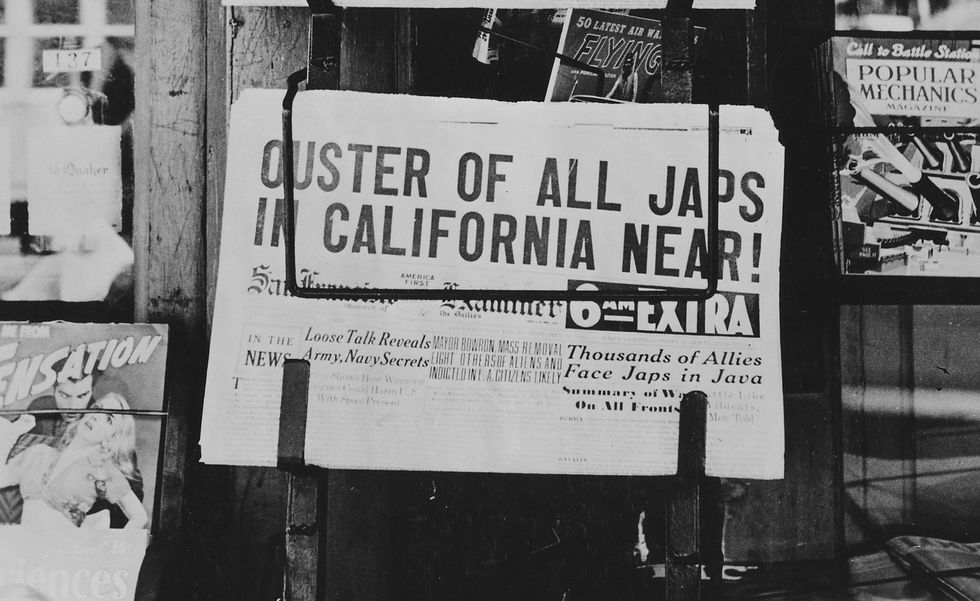

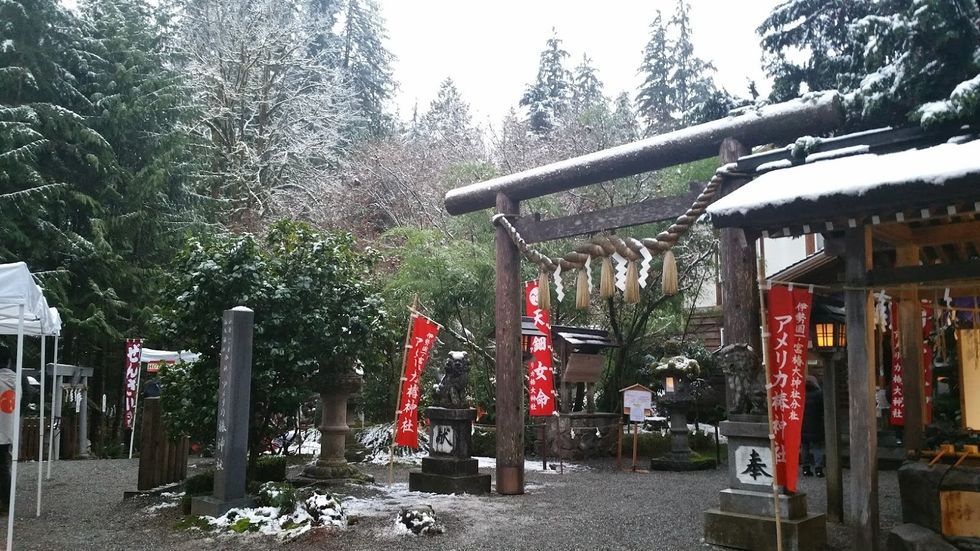
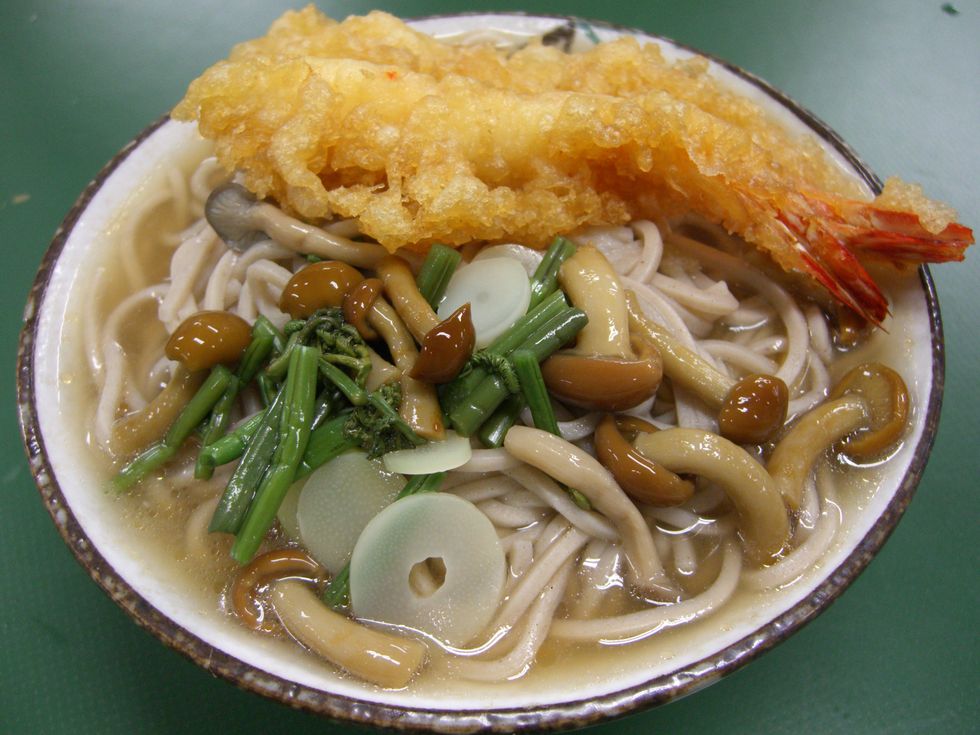 Wikimedia CommonsPhoto used with permission By Kiyonobu Ito - 年越蕎麦
Wikimedia CommonsPhoto used with permission By Kiyonobu Ito - 年越蕎麦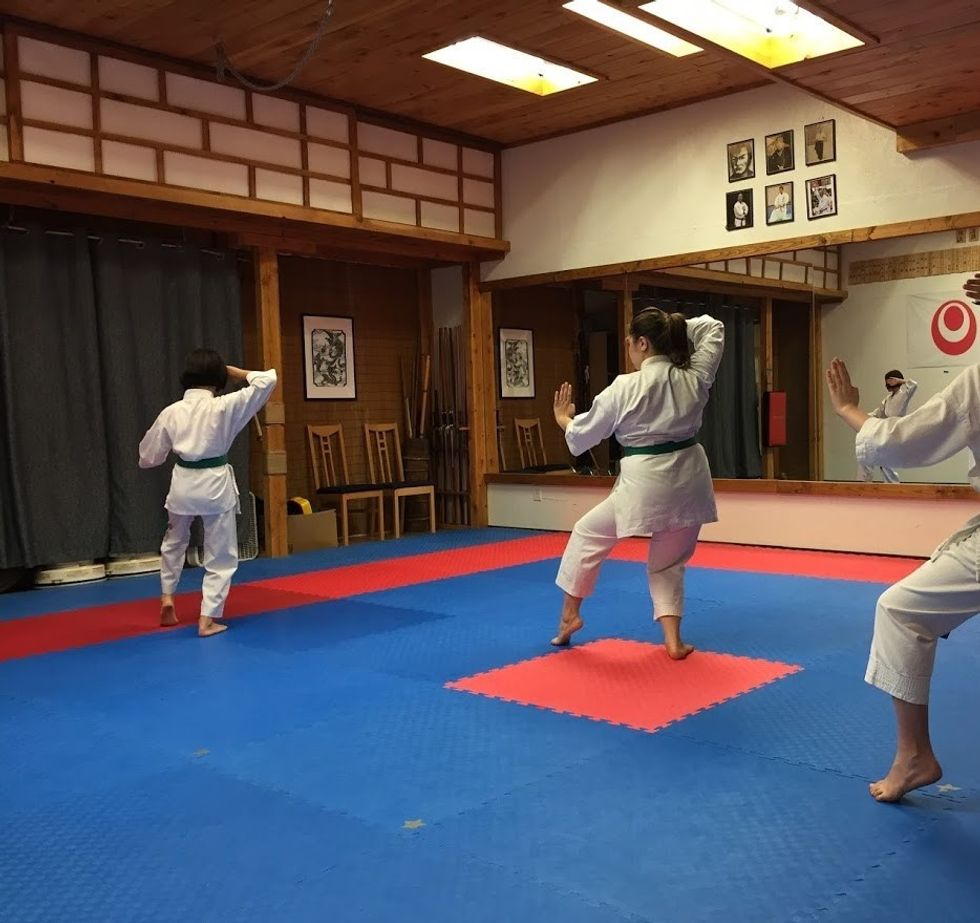 My family training at PNY Ryuei-Ryu DojoPhoto by Megumi Livingston
My family training at PNY Ryuei-Ryu DojoPhoto by Megumi Livingston
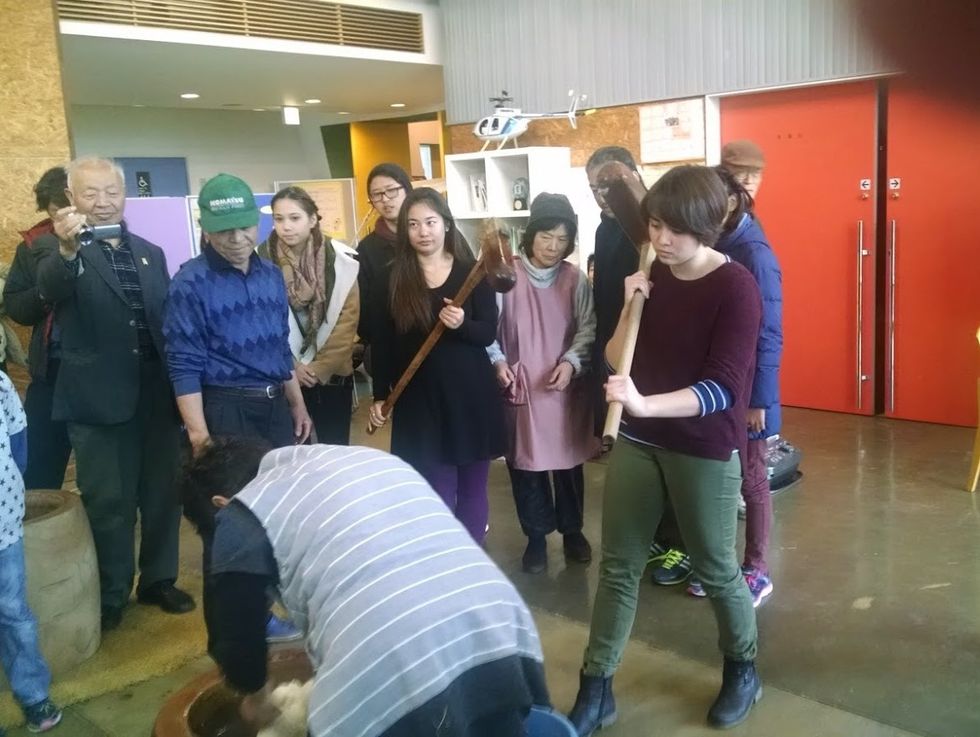 Me and my peers participating in traditional mochi-making in Shiga Prefecture, 2015.
Me and my peers participating in traditional mochi-making in Shiga Prefecture, 2015. Offerings to one of the guardians of the Grand Tsubaki Shrine in Granite Falls, WA. Money gifts, food, and sake are common offerings.Photo by Hanae Livingston
Offerings to one of the guardians of the Grand Tsubaki Shrine in Granite Falls, WA. Money gifts, food, and sake are common offerings.Photo by Hanae Livingston



















